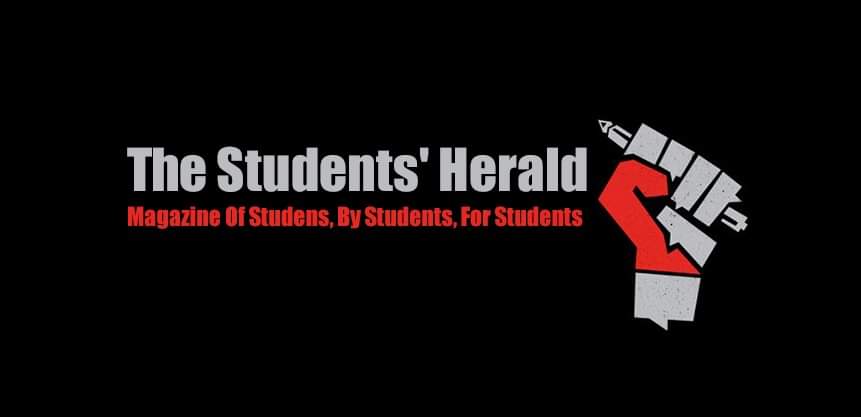This 14/15th of August marked the 73rd anniversary of independence from British Colonialists. In our opinion the case still remains unaddressed, the question unanswered and dream of true freedom remains unfulfilled. Colonialism, was nothing but a plunder of people’s heritage and resources. We believe that If the socio-economic system that runs our world which is responsible for the crimes like colonialism, continues, then we simply are not free.
Naturally the occupation of our lands and the resulting social and economic oppression was the driver behind the indigenous struggles of our people for a free and independent country.
A nexus of colonial and pro-colonial elites brutally suppressed the powerful uprisings and continued to loot people of all their resources, way of life and a humane place in society. After the 73 years of so called independence,the similar pro-colonial elite, or political heirs of colonialism continue the devilish legacy of colonials, and the people are still being deprived of their right to have a free and fair life. They still are the victims of class divide, inequality and injustice. There cannot be any freedom if one is subjected to the decisions, whip and wish of a few masters. That disparity could only be ended if all become equal in their political, social and economic reality.
The socio-political repression and prejudice based on the regional, national, ethnic, religious, class and gender identity is no hidden reality. The western imperialist powers totally changed our approach towards life and those around us. It was a programmed plan that was implemented to alter our history of inclusiveness and the idea of progress, and to divide our peoples. Especially the rise of fascist regimes have worsened these divides and have created the so called enemies among our own ranks. The consequent divide has led us all to an indifferent and de-politicised existence. Allowing and, sadly, legitimizing the rule of the few, the same masters as well as social, economic, and political structures that have barred us out of our true freedom and a humane society. That dream is still far from being realized and lived.
We must be clear on the point that we inherited the political and economic models enforced on our land by the colonials and the sole purpose of it was to plunder the resources of India. The whole state infrstructure was built solely on this principle and so was state apparatus; bureaucracy, military, judiciary, etc. It was all built in a way that could control the populations and pulnder them systematically, and it only became possible through alliances with the local elite.
Tragedy is that the majority of that feudal, military and religious establisment inherited the nascent Pakistan. And then we all know how it went on, these oppressive laws were further intensified for an oppressive continuation of control and manipulation.
The historical and ideological manipulation has been the ultimate tool used to legitimize the rule of these traditional and colonially built elites. Our education, among other ideological state apparatuses has been particularly utilized for this process. The education structure resonates the words of famous British administrator Lord Macaulay who wrote that Britains through education should create a class that is indian in colour but white in the thought. The powerful history of resistance and struggle for true independance of our people was erased from the minds of the very first generation of Pakistan. An excessively narrow naarrative was all left for the general public to comprehend and think of.
Even after continued attempts of erasure, the struggle of the workers, students, peasants and other organised segments of society continues in its various forms and formations till day. The people’s movement of 1968 was an extraordinary manifestation and continuation of that powerful past, and we strive to reclaim that powerful legacy.
The editorial has given a generic idea of our thoughts about post-independence Pakistan. In this edition of The Students Herald, we have brilliant articles from all backgrounds and their perspectives on the ‘independence’. Narratives from GB, KPK, Balouchistan, Punjab, Waseeb, Sindh, Bangladesh, Nepal and India are part of this edition.


